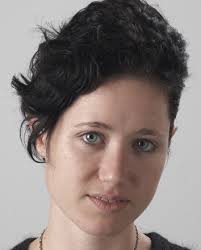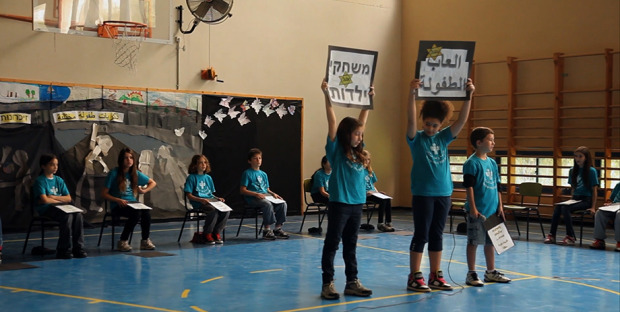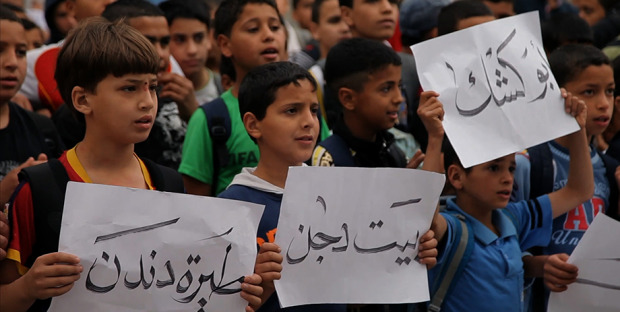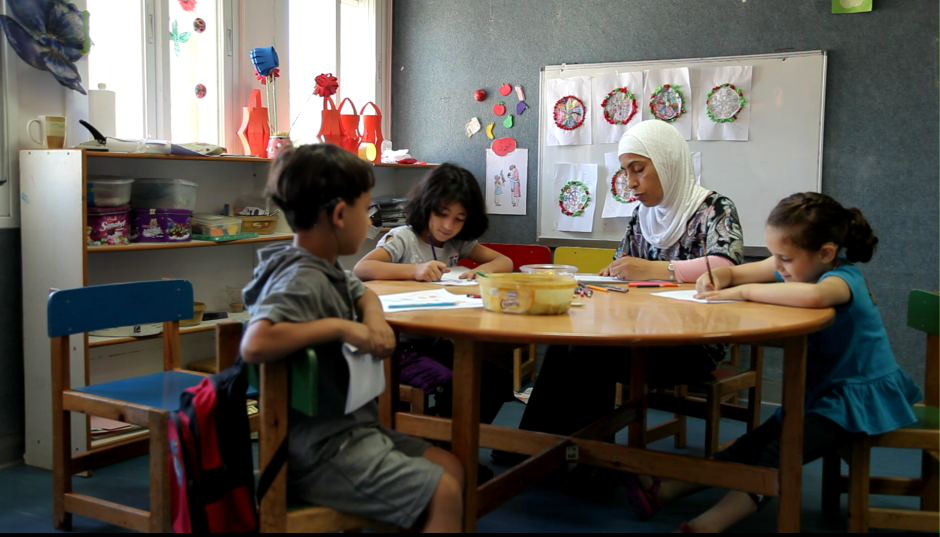One of the strongest impressions I was left with following my first and only trip to Syria in 1975 is that Arabs and Israelis hew to radically different versions of history. Objective facts are not necessarily respected and are commonly manipulated to build historic narratives and agendas that validate or debunk a particular point of view.

What brought this thought to mind was Tamara Erde’s documentary, This is My Land, which was screened at this year’s Toronto International Film Festival. Erde, an Israeli living in Paris, visited six schools in Israel and the West Bank to determine what Jewish and Muslim students think of the visceral struggle that has consumed the Middle East for more than a century.
Before she gets down to the business at hand, she makes a confession. As a student, she never had any doubts about what she had learned in school. Her knowledge of Palestinian history and Israel’s occupation of the West Bank was all but nil. Erde only started having doubts after she had completed her army service, but she does not elaborate.
Based on her conversations, Erde has good reason to be sad and depressed. Given their diametrically opposing perceptions, Israelis and Palestinians may as well be from alternate planets.
Let’s take a look.
In Tel Aviv, secular high school students express hard and pessimistic views: The Arabs are taking our land. We have to fight for our country. Peace is far away. Diverging from this consensus, one young man admits he plans to leave Israel because he’s fed up with the tension and fears the Arab-Israeli conflict will never end.

Travelling to the West Bank settlement of Itamar, Erde hears pretty much the same from religious students and their teacher. The Arabs want to hurt us. Nablus, a nearby Palestinian town, belongs to Israel.
One would expect a sunnier appraisal from Neve Shalom, a progressive Arab-Jewish school in Israel, but this is not the case. The Jewish students inhabit their own Israeli universe, while the Arab students seem almost like aliens. Far more telling, an Israeli Arab teacher comes off sounding like an aggrieved Palestinian nationalist. Israel’s blue and white flag, the Magen David, represents only Jewish Israelis, she says. Her Jewish colleague, a mild-mannered man, appears to disagree but doesn’t bother responding.
Visiting Ibilin, an Israeli Arab town, Erde converses with an Arab teacher whose book was banned by the authorities. It was never approved for classroom use because the loaded word “Palestine,” rather than”Eretz Yisrael,” appeared in the text.
In the Balata refugee camp, Palestinian students who’ve just been given a lesson in human rights claim that Jews have stolen their land and assert that they will return to their ancestral villages. A teacher asks students to distinguish between foreign Jews and Jewish Israelis, but his plea falls on deaf ears. The same teacher says that the objective of Israel’s occupation is to destroy the self-respect of Palestinians.

Erde interviews two researchers who’ve studied Israeli and Palestinian textbooks. The Israeli argues that textbooks in Israel portray an “Arab-less world.” The Palestinian says that textbooks he used in the 1950s and 1960s were bereft of references to Judaism or Israel.
Since then, he suggests, the status quo has remained in place.
Two peoples. Two histories. This, basically, is the story conveyed by This is My Land.
